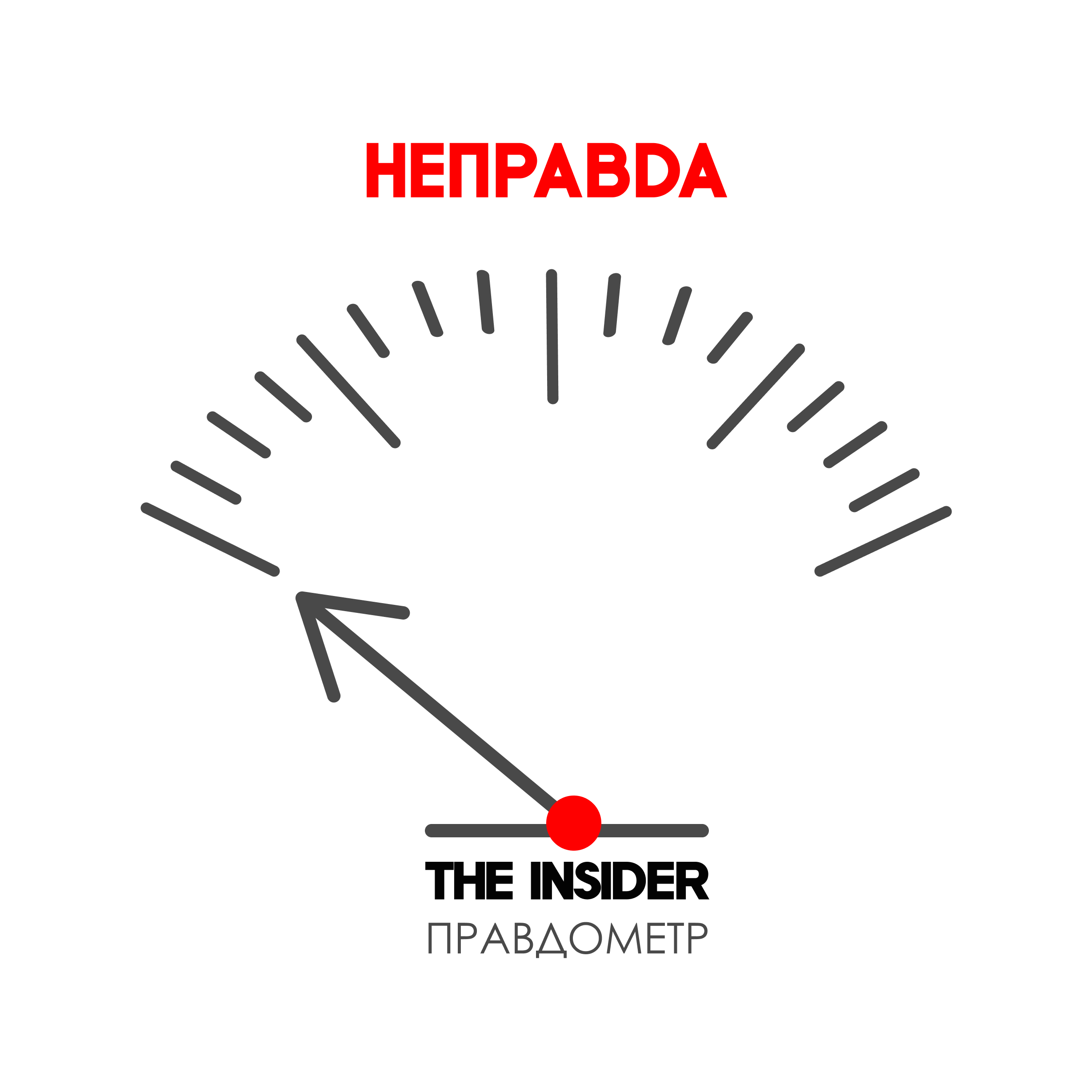Russian State Duma Speaker Vyacheslav Volodin made a sensational statement: it turns out that the European Union bribed the International Criminal Court (ICC) to issue a warrant for the arrest of Vladimir Putin.
“Now it became known that the European Union paid the European court, which made the decision. This is corruption, this is direct bribery of judges. This issue needs to be sorted out. It is necessary to move those who make such decisions from Brussels to Lefortovo, ”Volodin said at a meeting of the lower house of parliament.

Judging by the fact that neither Volodin's colleagues nor the pro-Kremlin media tried to find at least some substantiation for the accusations, none of them even understood what he was talking about. But it can be assumed that Volodin was referring to the March 20 conference in London, as a result of which the ICC raised additional funding to investigate war crimes in Ukraine and bring Russia to justice. The amount was 4 million pounds (4.9 million US dollars).
Recall that the ICC issued a warrant for Putin's arrest three days earlier, on March 17, so technically the European Union could not "pay" for this decision. No secret promises by the EU to pay money to the ICC in the event of a warrant being issued are known. In addition, we are talking about financing for the continuation of the work of the criminal court in Ukraine, and not about the secret enrichment of its leadership. In addition to money, European countries will provide the ICC with other resources, such as their own investigators and forensic experts. Consequently, Volodin's statements about "corruption" are absolutely groundless.
In addition, the criminal court receives money not from the European Union as an institution, but from each participating country separately. The conference was attended by ministers of justice from more than 40 countries, not just EU member states. The most active donor was the United Kingdom, which announced before the conference that it would provide £395,000 ($484,000) in additional funding for the ICC.
However, there may indeed be some connection between the decision to prosecute Putin and the money raised as a result of the conference in London. The court's Attorney General Karim Khan may not have accidentally announced the issuance of the warrant before the conference itself: in order to attract funding, he needed to demonstrate to the general public the results of the work of the ICC. This, in particular, is hinted at by the Guardian. And, judging by the impressive amount collected in London from the participating countries, Khan succeeded brilliantly.


